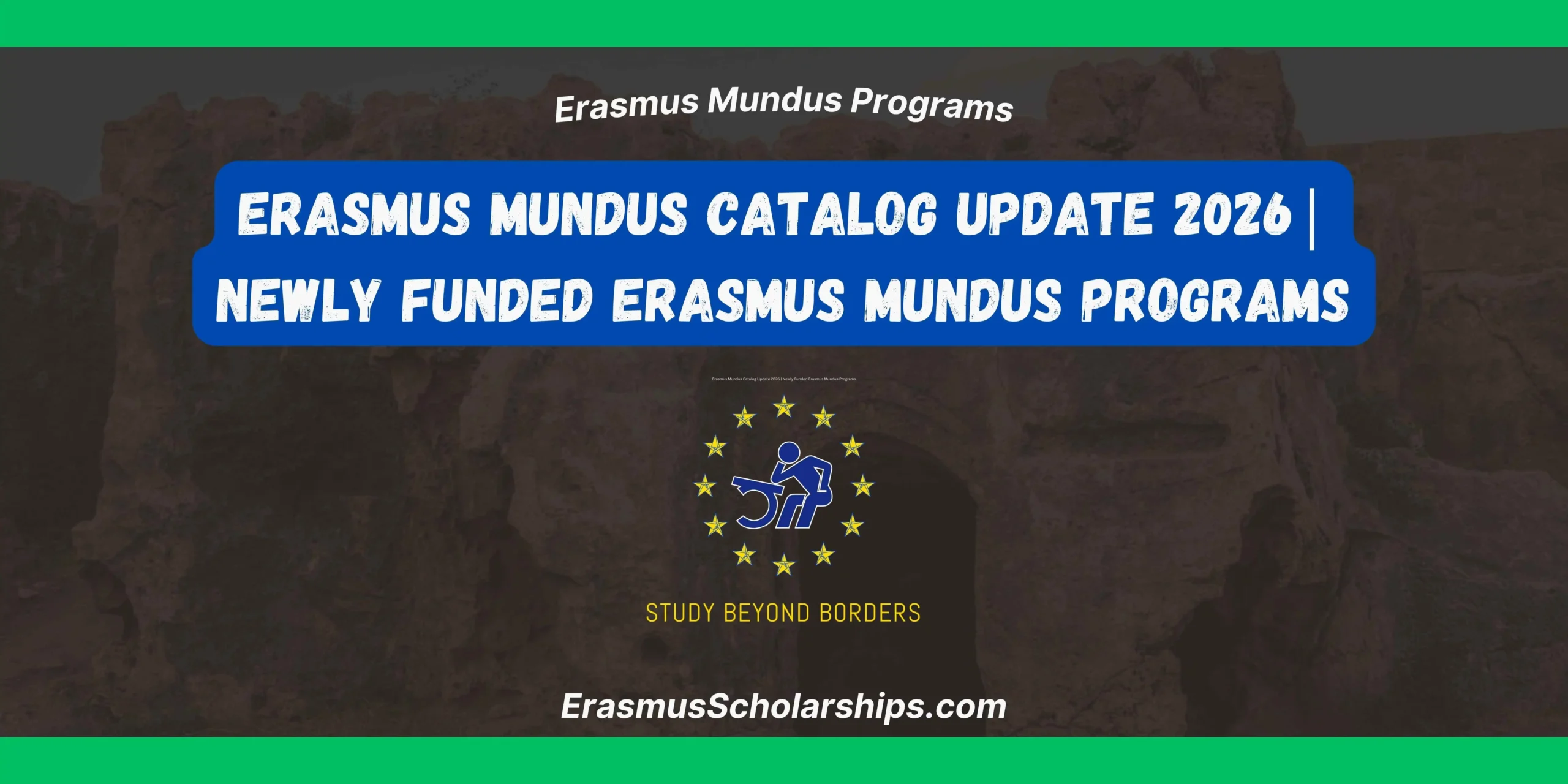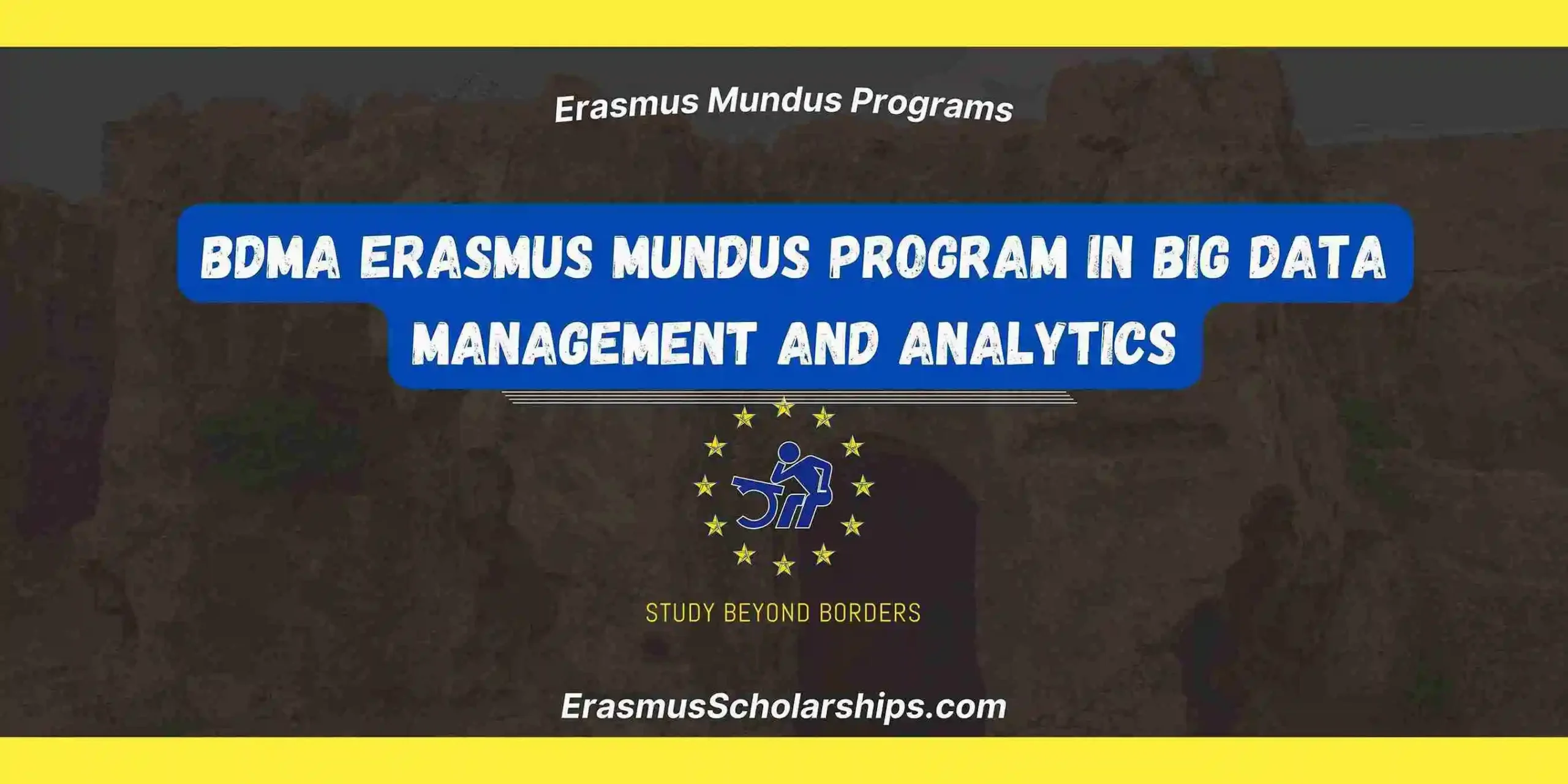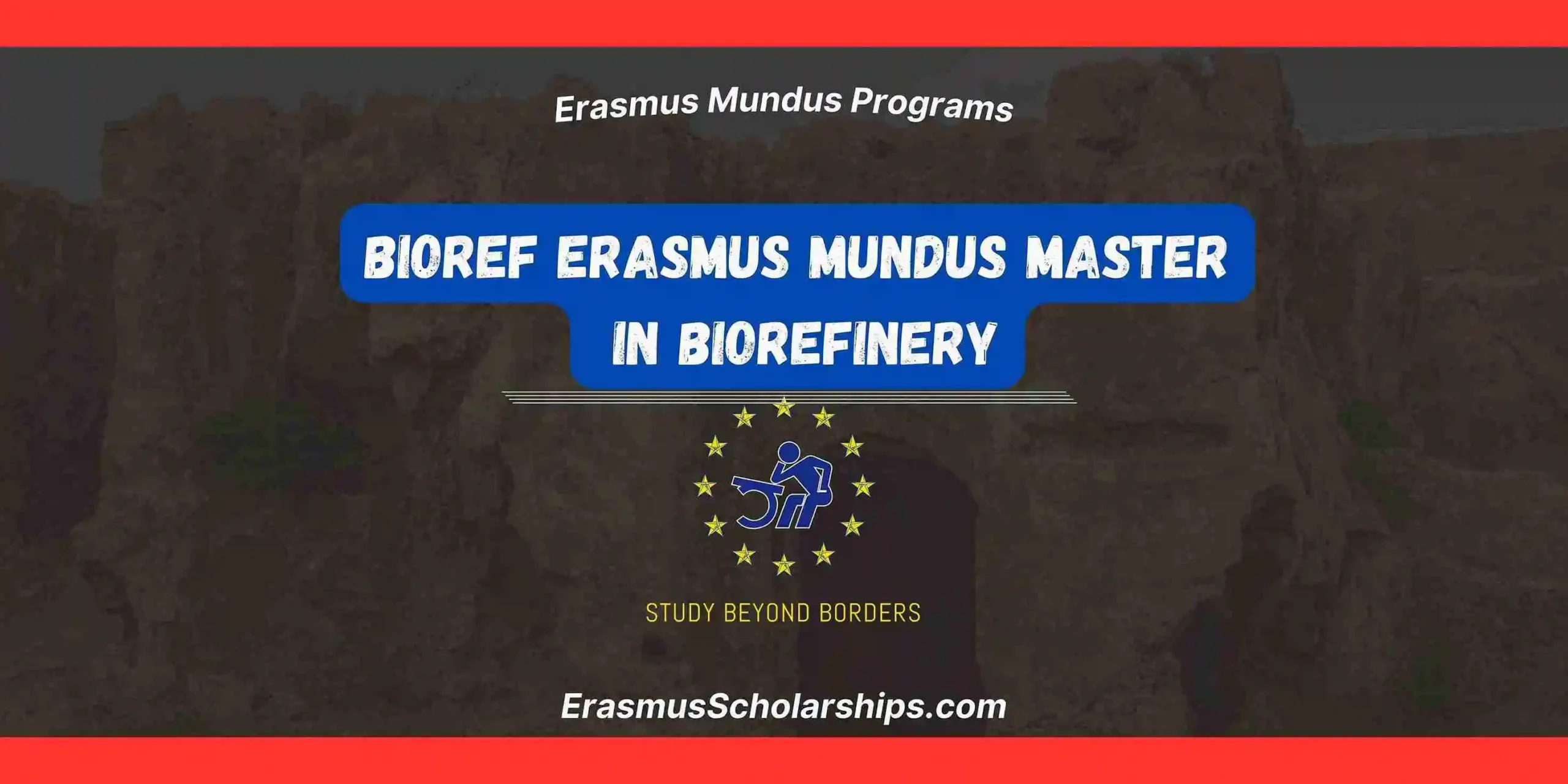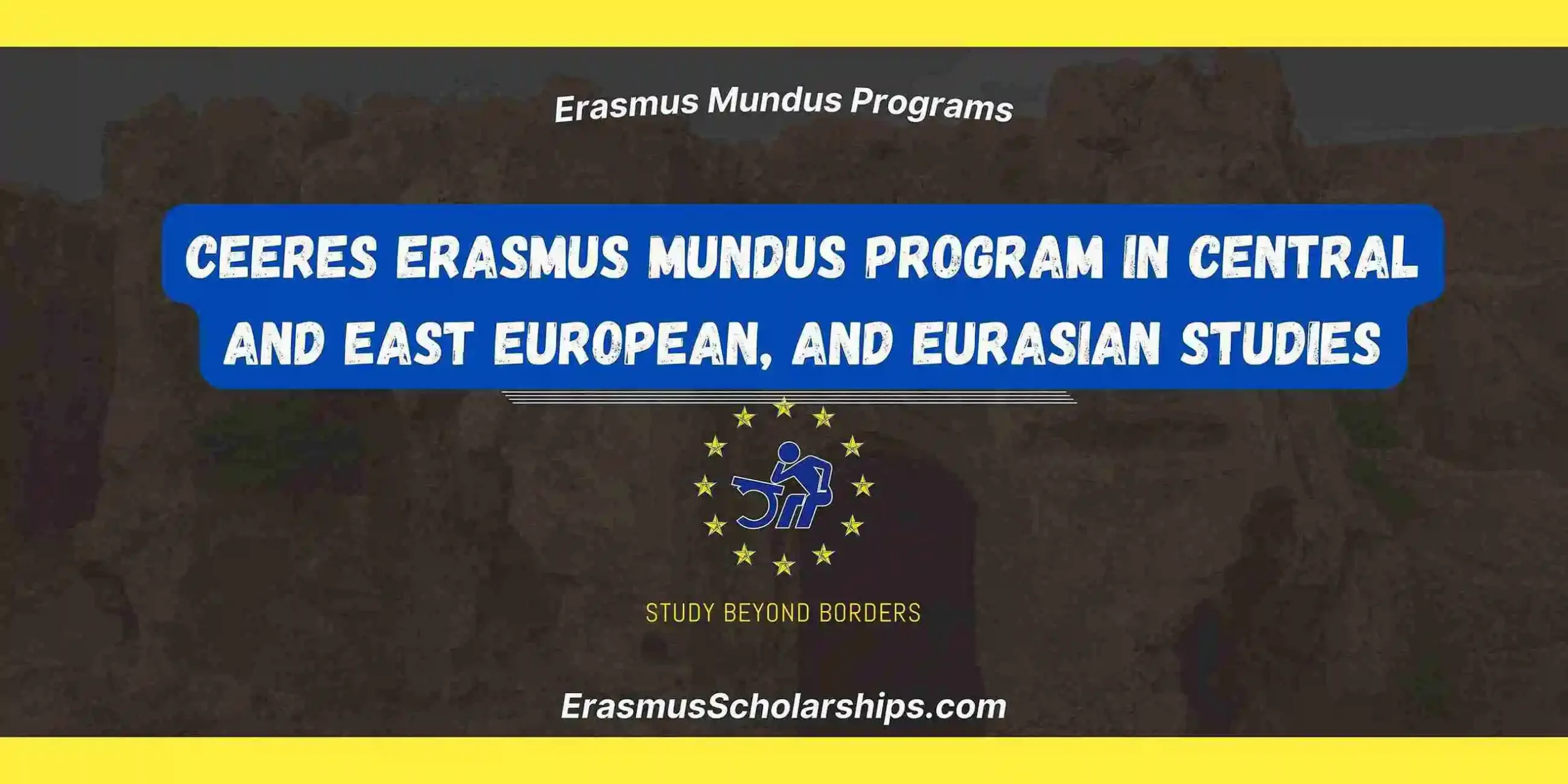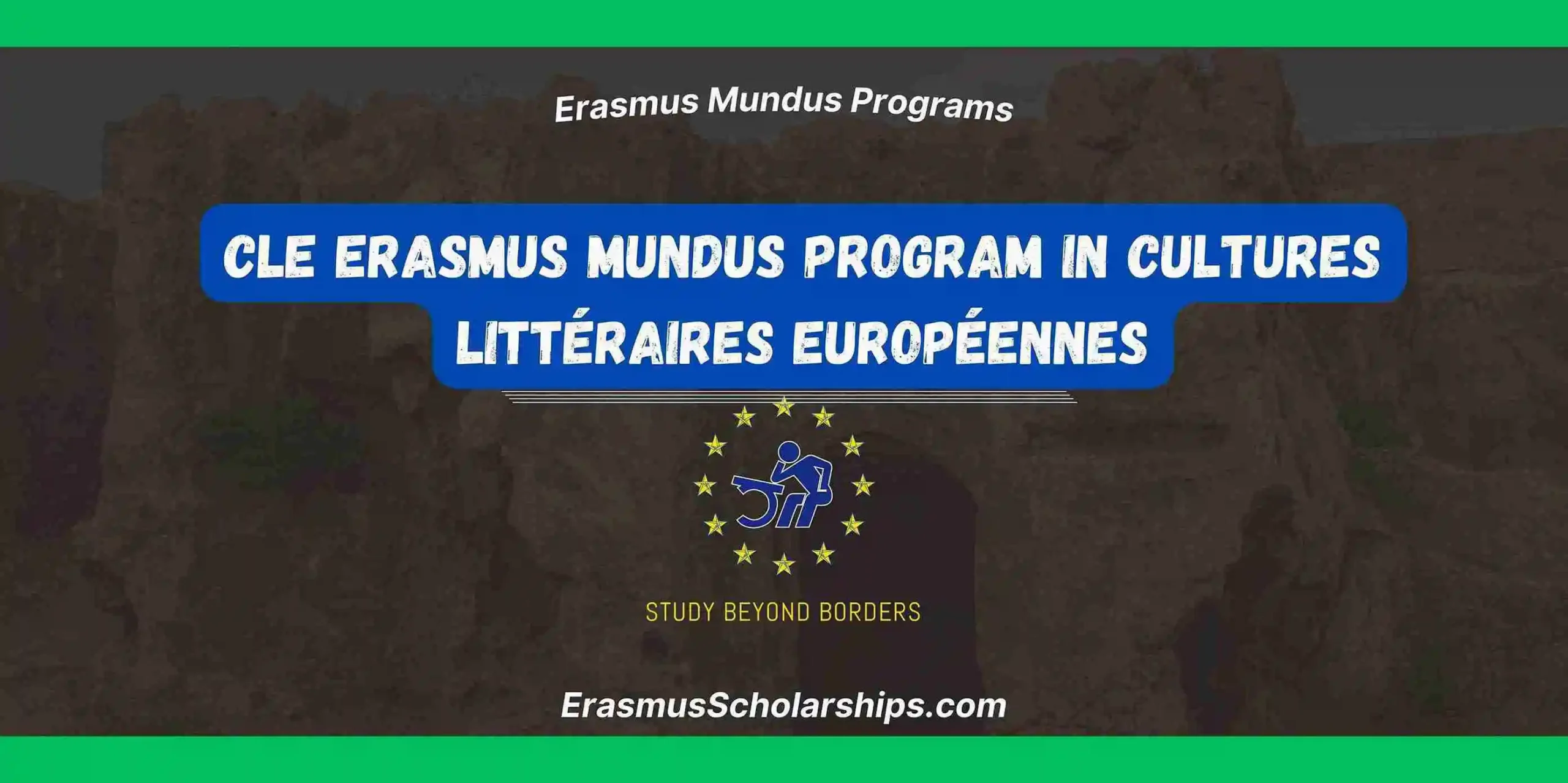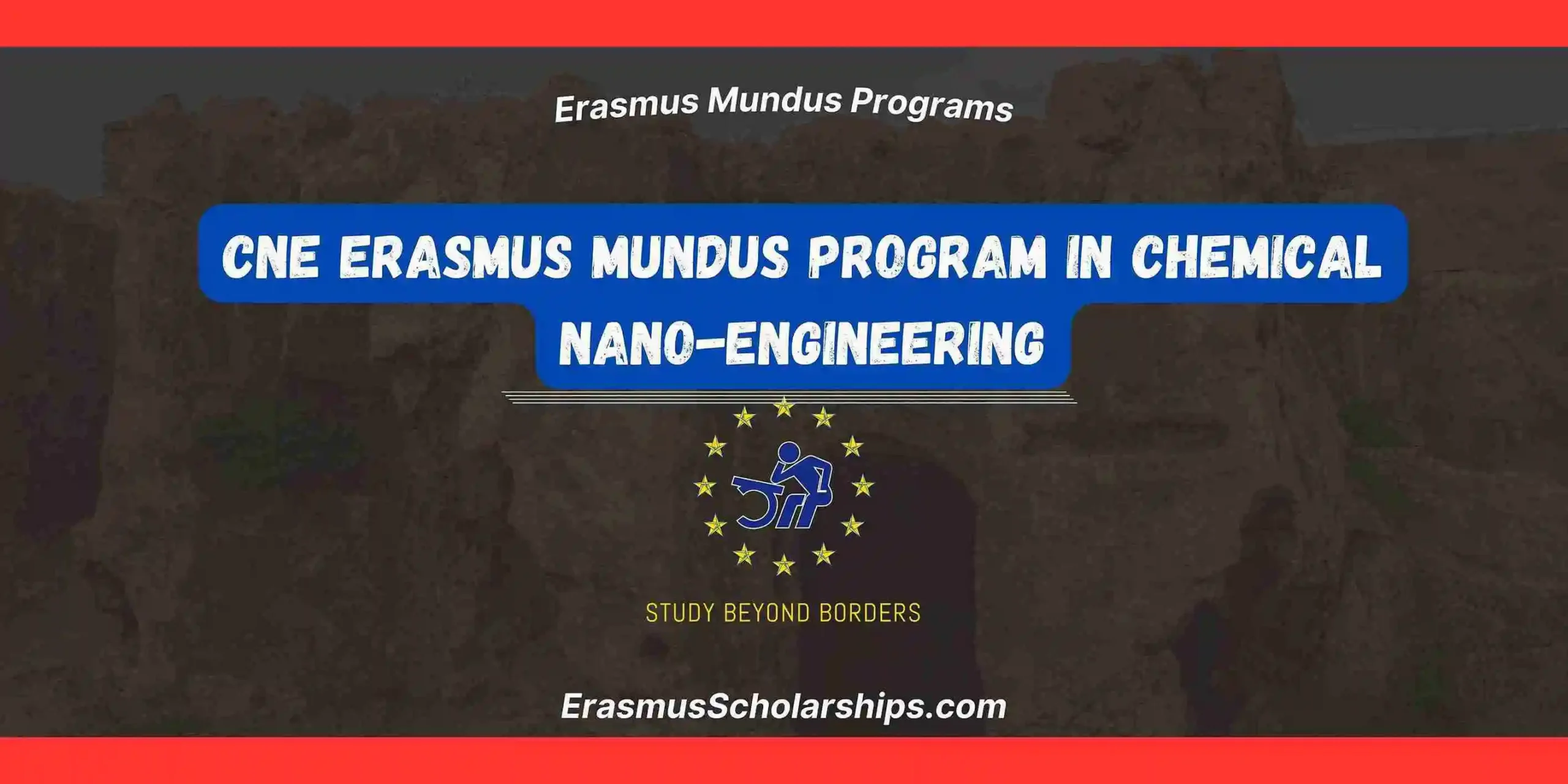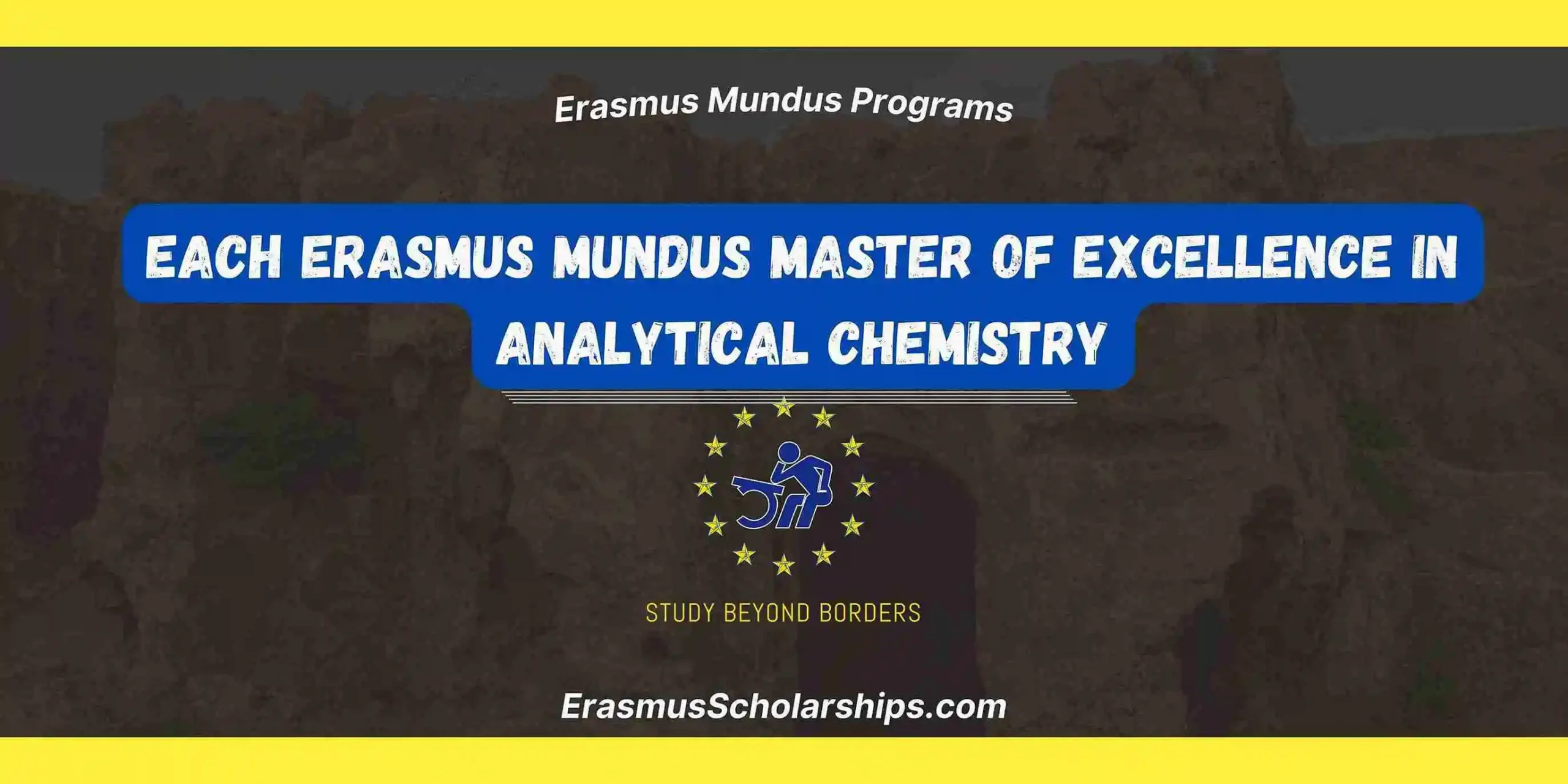The PANGEA Erasmus Mundus Joint Master Degree is a truly unique and interdisciplinary programme that empowers students with a deep, global insight into paleontology and its real-world applications. Operated as a collaboration between four distinguished European universities, University of Lille (France), Uppsala University (Sweden), University of Minho (Portugal), and the National and Kapodistrian University of Athens (Greece) this two-year, 120 ECTS master’s offers a blend of theoretical grounding, research specialisation, and applied experience in fields ranging from paleobiology to geoconservation and stratigraphic analysis
Through immersive coursework and mobility across partner institutions, students in the PANGEA Erasmus Mundus programme not only deepen their academic prowess but also build a lasting network with peers and specialists worldwide. The curriculum fosters expertise in science communication, environmental protection, and geoheritage management critical areas in today’s climate-aware, heritage-focused world. It’s designed for students who want to understand Earth’s deep past to shape its sustainable future
Project Status
- Status: Ongoing
- Start date 02-09-2019
- End date 01-10-2025
- Action Type: Erasmus Mundus Joint Master
- Universities Involved
- Countries Involved
The PANGEA Erasmus Mundus program is a Master’s in Palaeontology, Geoheritage, and Applications offered by leading European universities.
| University of Lille |
| Uppsala University |
| University of Minho |
| National and Kapodistrian University of Athens |
| France |
| Sweden |
| Portugal |
| Greece |
This cross-border collaboration allows students to gain an international perspective while studying and researching in the heart of Europe’s academic and industrial hubs.
Description of the PANGEA Erasmus Mundus Program
The PANGEA Erasmus Mundus programme is the first and only Erasmus Mundus Joint Master Degree in Paleontology. It equips students with high-level training in palaeobiology, applied paleontology, and geoheritage or geoconservation. Its two-year structure, taught entirely in English, includes mobility across institutions and culminates in multiple degrees from participating universities
Key Features of the PANGEA Erasmus Mundus Program
- 2-year duration, 120 ECTS.
- Tri-track specialisation: Paleobiology, Applied Paleontology (e.g., stratigraphy, basin analysis), Geoheritage/Geoconservation (e.g., science communication, heritage management)
- Multiple degrees awarded by the universities where study is completed.
- English-taught courses throughout.
- Includes fieldwork, internships, and a final thesis, robust real-world exposure.
- Strong international consortium; networks with institutions beyond Europe (e.g., TOTAL S.A., geological surveys, geoparks)
Mobility Tracks of the PANGEA Erasmus Mundus Program
- Term 1: University of Lille, foundational courses.
- Term 2 & beyond: Study at Uppsala, Athens, or Minho depending on chosen track.
- Term 4: Master’s thesis or work placement at one of the four institutions
- Minimum mobility across at least two universities (outside home country) required for Erasmus scholarship eligibility
Admission Requirements
- A first higher education degree (Bachelor/Licence) or equivalent in Earth Sciences, Natural Sciences, or Life Sciences. Final-year students may apply with proof of registration, but must graduate before enrolment
- English language proficiency (minimum B2): IELTS 6.5 (min 5.5 each), TOEFL (90 iBT), Cambridge (CAE/CPE), or TOEIC (785)
- Open to applicants from around the world, though 2025 EMJMD scholarships are not offered
How to Apply for PANGEA Erasmus Mundus Program
- Check eligibility: Earth/Natural/Life Sciences degree + English proficiency.
- Contact Campus France: Required first step for both European and non-European applicants
- Submit via Études en France (EEF) if non-European, or MonMaster if European .
- Find PANGEA in the platform’s training catalogue.
- Note application deadlines vary by country, verify via Campus France
Tips to Win the PANGEA Erasmus Mundus Program
- Emphasise your academic background in relevant sciences and your passion for palaeontology, geoheritage, or applied stratigraphy.
- Demonstrate English proficiency clearly.
- Highlight adaptability to international study and mobility.
- Tailor your motivation letter to one of the specialisations, show how your career aligns with palaeobiology, applied paleontology, or geoheritage.
- Apply early, as deadlines differ across countries.
- Mention interest in collaborating with broader external networks (e.g., geoparks, industry partners).
Application Timeline
- Opens: November
- Deadline: February
- Enroll: Starting September following selection
Curriculum Structure of the PANGEA Erasmus Mundus Program
- Term 1 (Lille): Core courses like Applications of Palaeontology, Biostratigraphy, English Scientific Writing, Geobiology, Project Management, Micropalaeontology, Quantitative Palaeontology, Phylogenetics
- Specialization tracks (Terms 2 & 3):
- Paleobiology (Uppsala): Evolution & Development, Principles of Paleontology, Origin/Evolution of Life & Vertebrates
- Applied Paleontology (Athens & Lille): Courses in paleoclimate, GIS, environmental sedimentology, field training, internships
- Geoconservation (Minho, Athens): Geoparks, geological heritage management, geohazards, geomorphology, GIS, impact assessment
- Term 4: Master’s thesis or work placement at one of the four institutions
Coordinator Contact
For general inquiries, you can contact: Master-pangea@univ-lille.fr
Alumni Feedback
“I applied to the PANGEA Erasmus Mundus Program after completing my Bachelor’s degree in Geology because this is not just any master’s. It is a unique two-year international program taught across four partner universities, each offering a different perspective and academic strength. The program provides the opportunity to experience four cultures, learn new languages, adapt to different teaching techniques, and connect with people from all over the world. For me, the PANGEA Erasmus Mundus Program represents both academic excellence and an unforgettable personal journey of growth and discovery.”
~Emma
Frequently Asked Questions (FAQs)
What is the PANGEA Erasmus Mundus Program?
The PANGEA Erasmus Mundus Program is a two-year international Master’s in Palaeontology, Geoheritage, and Applications, jointly offered by four leading European universities.
Who can apply for the PANGEA Erasmus Mundus Program?
The PANGEA Erasmus Mundus Program is open to students worldwide holding a Bachelor’s degree in Earth Sciences, Natural Sciences, or Life Sciences, with proof of English language proficiency.
What specializations are available in the PANGEA Erasmus Mundus Program?
Students in the PANGEA Erasmus Mundus Program can specialise in Paleobiology, Applied Palaeontology, or Geoheritage/Geoconservation, depending on their mobility track.
How long does the PANGEA Erasmus Mundus Program last?
The PANGEA Erasmus Mundus Program lasts two academic years and awards 120 ECTS credits, with courses taught entirely in English.
What are the language requirements for the PANGEA Erasmus Mundus Program?
The PANGEA Erasmus Mundus Program requires English proficiency equivalent to IELTS 6.5, TOEFL 90 iBT, or other recognised certifications.


